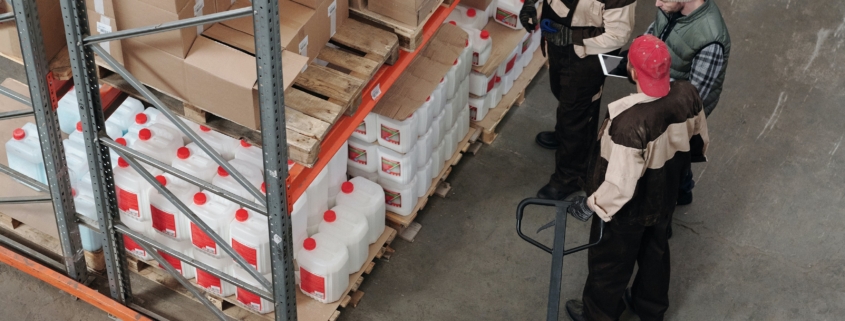What Does Maximum Medical Improvement Mean in a Workers’ Compensation Case?
Enduring a workplace injury can be mentally and physically draining. As you work through the recovery process, you may wonder when life will get back to normal and when you can start working again. A lot depends on your prognosis and when you reach maximum medical improvement. This term will likely play an important role in your workers’ compensation claim, and it’s crucial to understand what it means and how it affects your case.
If you’ve been injured at work and your company is fighting to avoid paying out your claim, don’t take them on alone. Let us advocate for you. Set up a free consultation now by calling Thiry & Caddell at 251-336-3627.
What is Maximum Medical Improvement?
The term maximum medical improvement is used a lot in workers’ compensation and personal injury cases. It refers to the point in time when a patient’s injuries have stabilized, and further recovery is not expected. While further medical treatment options may be available, the medical professionals in charge of the patient’s care do not believe that those treatments will lead to further improvements.
For many people, maximum medical improvement is the same as a full recovery. That’s the best possible outcome of an injury, but it’s not possible for everyone. For some, reaching maximum medical improvement still means being worse off than they were before the injury.
For example, someone with a traumatic brain injury that affects their memory may never have the same capacity for memory that they had prior to their accident. However, they cannot continue receiving workplace-funded treatment forever, so they must reach MMI at some point.
The Role of MMI in Your Workers’ Compensation Benefits
Understanding how MMI affects your workers’ compensation benefits can give you a far better idea of what to expect from the workers’ comp process. To start, MMI has a major impact on your treatment plan. Upon reaching MMI, your treatment plan will no longer focus on making new leaps or gains; it will focus instead on helping you maintain your current level of health and avoiding any regressions.
The impairments you still have after reaching MMI will also affect your disability rating. This affects which disability benefits you are entitled to through workers’ compensation. Similarly, reaching MMI gives you the chance to plan your return to work. If your permanent impairments are profound enough, you may not be able to return to work at all. That, too, plays a role in the workers’ compensation benefits you receive.
How Medical Professionals Determine MMI
Determining when a patient has reached maximum medical improvement is a complicated process that requires input and insight from multiple medical professionals. If there are disputes or the insurance company believes that the care team is needlessly drawing out treatment, an independent medical examiner may also play a part.
Doctors use a variety of medical tests and screenings to determine a patient’s progress. Conducting the same tests over a period of time allows doctors to see when progress has leveled off in spite of ongoing treatment. They may also conduct functional assessments to better understand an individual’s limitations and abilities.
Your care team will also draw on a body of research to determine MMI. Depending on the type of injury you have, there may be substantial research on outcomes following different types of treatments. This gives your care team better insight into treatment options to try, as well as which ones will just delay the inevitable and put you through unnecessary medical care.
Legal Considerations Surrounding MMI
Once you reach MMI, your workers’ compensation claim may terminate or change dramatically. If you are able to return to work after reaching maximum medical improvement, your case may close and you can resume your job duties.
If you are permanently disabled and cannot return to work, your benefits may shift from temporary disability to permanent disability benefits. If you can no longer work in your current career path, reaching MMI may mean shifting your focus to vocational rehabilitation. During vocational rehabilitation, you may learn new work skills that allow you to move into a new line of work.
Fight for Your Rights with Thiry & Caddell
Workers’ compensation claims can be complex, but with the right legal team by your side, you can feel confident about what comes next. Set up a time to meet with our team by getting in touch online or calling us at 251-336-3627.





Leave a Reply
Want to join the discussion?Feel free to contribute!